Scaling up sustainable development of MSME clusters in India
Updated: Jan 21, 2014 04:08:21pm
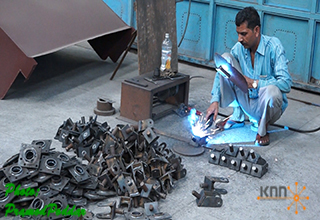
The project – ‘Scaling Up Sustainable Development of MSME Clusters in India’ is an initiative of Federation of Micro, Small and Medium Enterprises (FISME), Foundation for MSME Clusters, India, Gesellschaft für Internationale Zusammenarbeit (GIZ), Germany, Global Reporting Initiative (GRI), Netherlands, Indian Institute of Corporate Affairs, India and United Nations Industrial Development Organisation (UNIDO), Austria; and Project Associate: Small Industrial Development Bank of India (SIDBI), India.
“The project enables the adoption of sustainable environment and social business practices across selected foundry MSME clusters. It aims to scale up the capacity of business membership organisation, and seeks to introduce aggregate reporting. Furthermore, the project aims to establish financial linkages and supports a conducive policy environment,” said a statement.
The overall objective of the project is to enhance competitiveness of less sustainable MSME clusters together with reduced environmental and social impacts. Towards this end, it would build upon existing dialogues and initiatives like voluntary frameworks in policy-space on MSME development that link sustainability and competitiveness.
Among its specific objectives are - to enable adoption of sustainable environment and social business practices across select foundry clusters; to
upscale interventions through Training of Trainers (ToT) and institutionalization; to develop and implement voluntary Aggregate
Reporting (AR) framework; to design, develop and link financial instruments for sustainable production; to strengthen policy dialogue and dissemination.
As lead partner, Foundation for MSME Clusters (FMC) role comprises introducing improved melting technology of Divided Blast Cupola (DBC) and better practices adoption in 100 foundry enterprises at the foundry cluster of Samlakha, Faridabad and Kaithal leading to a reduction in coke consumption by 4400 tons (worth Rs.50 million) per year and improved Occupational Health and Safety (OHS) conditions in 50 enterprises.
Goals of the project:
§ Fostering sustainable production through technical and non-technical measures,
§ Building capacities of Business Membership Organisations (BMOs) for SCP,
§ Introducing and facilitating Aggregate Sustainability Reporting among cluster MSMEs,
§ Enhancing access of MSMEs to credit through stronger linkages with Financial Institutions, and
§ Undertaking policy advocacy and dissemination.
The Indian economy owes a major part of its growth to the 26 million Micro, Small and Medium Enterprises (MSMEs) that provide employment to 60 million people. 70 per cent of these MSMEs are estimated to be concentrated in around 1086 urban industrial clusters. They are responsible for contributing 8 per cent to the country's GDP, 45 per cent of the total manufacturing output and 40 per cent of manufacturing exports. The foundry sector is one of the less sustainable, highly energy intensive, environmentally polluting and has a socially negative impact. (KNN)

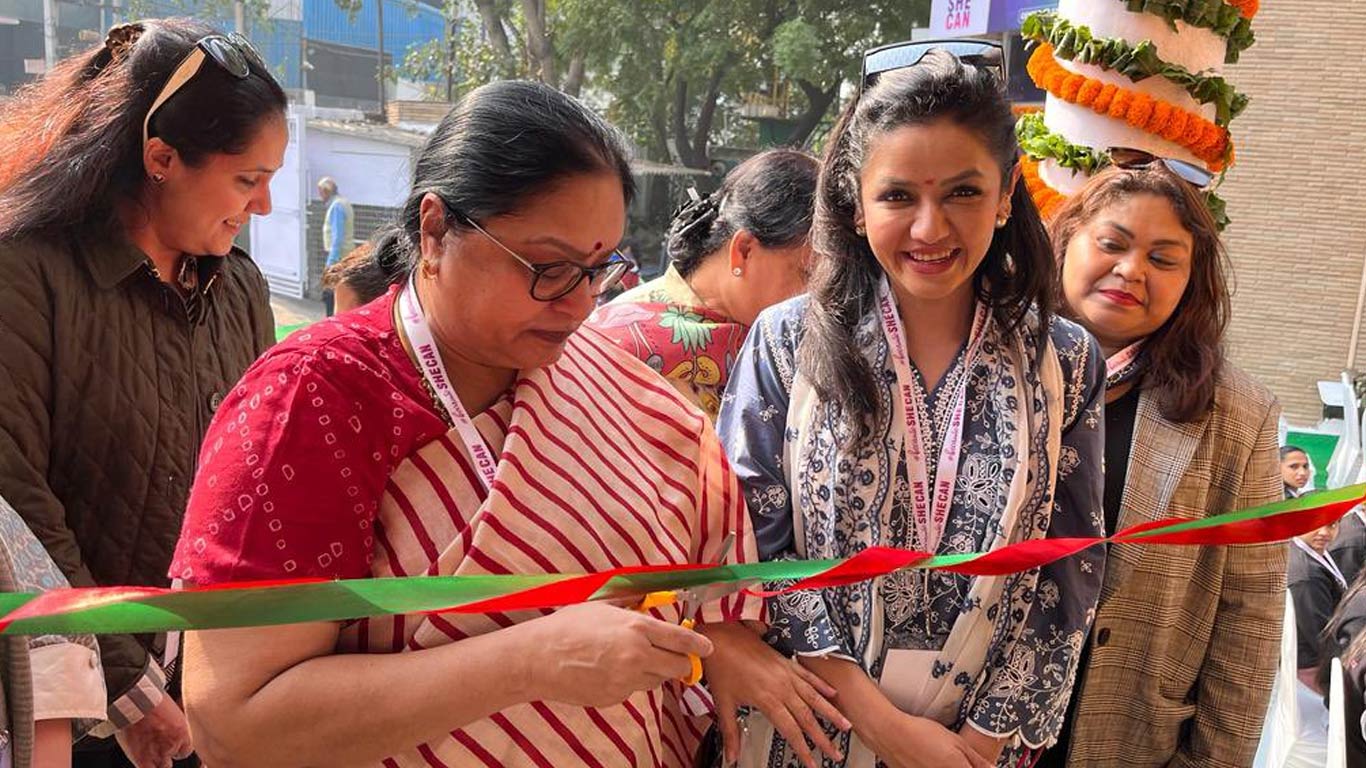
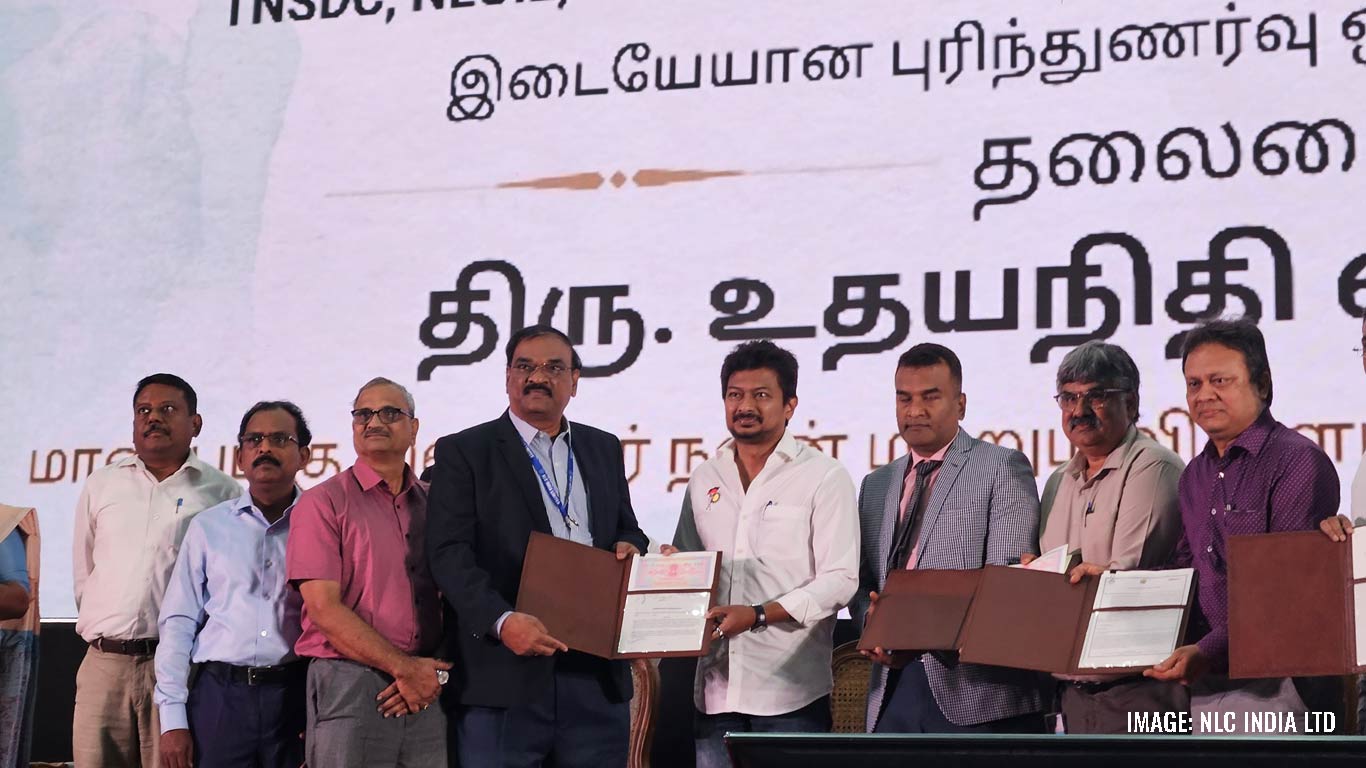
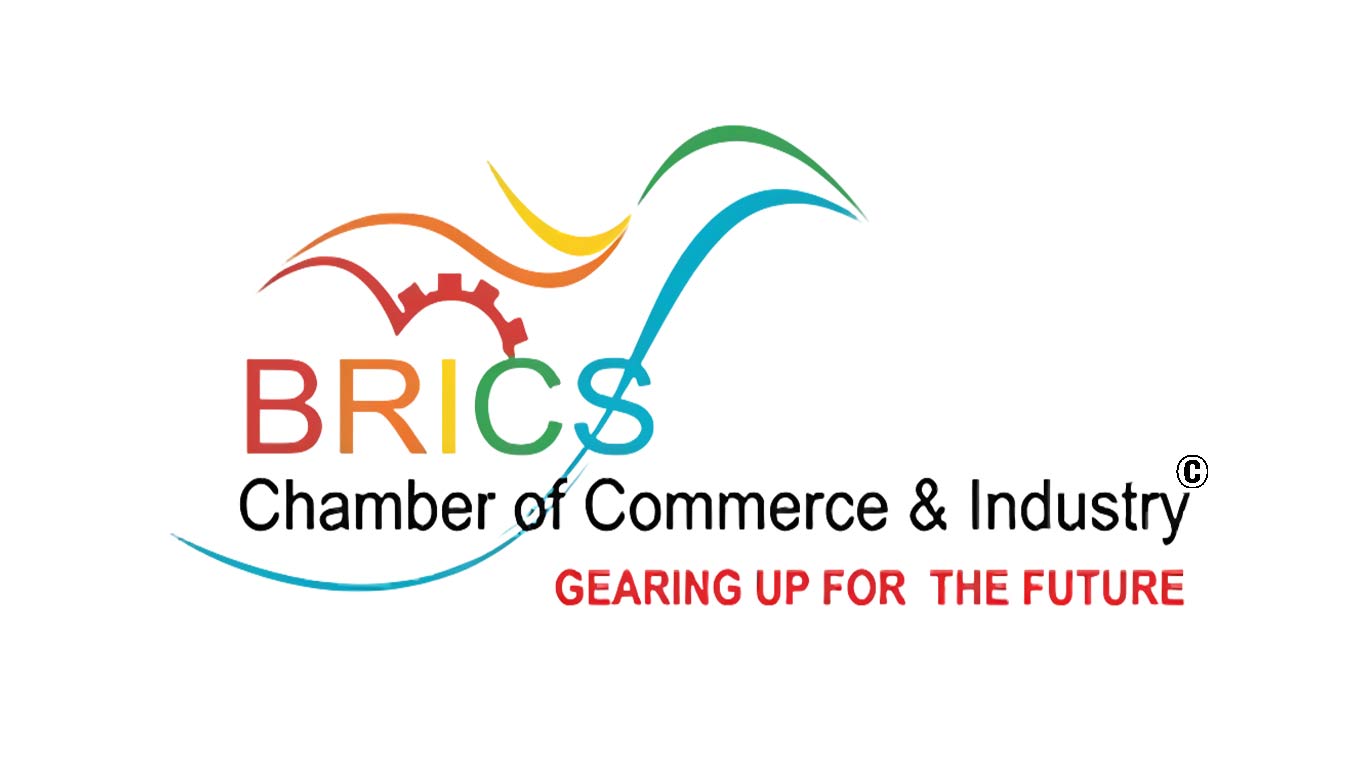
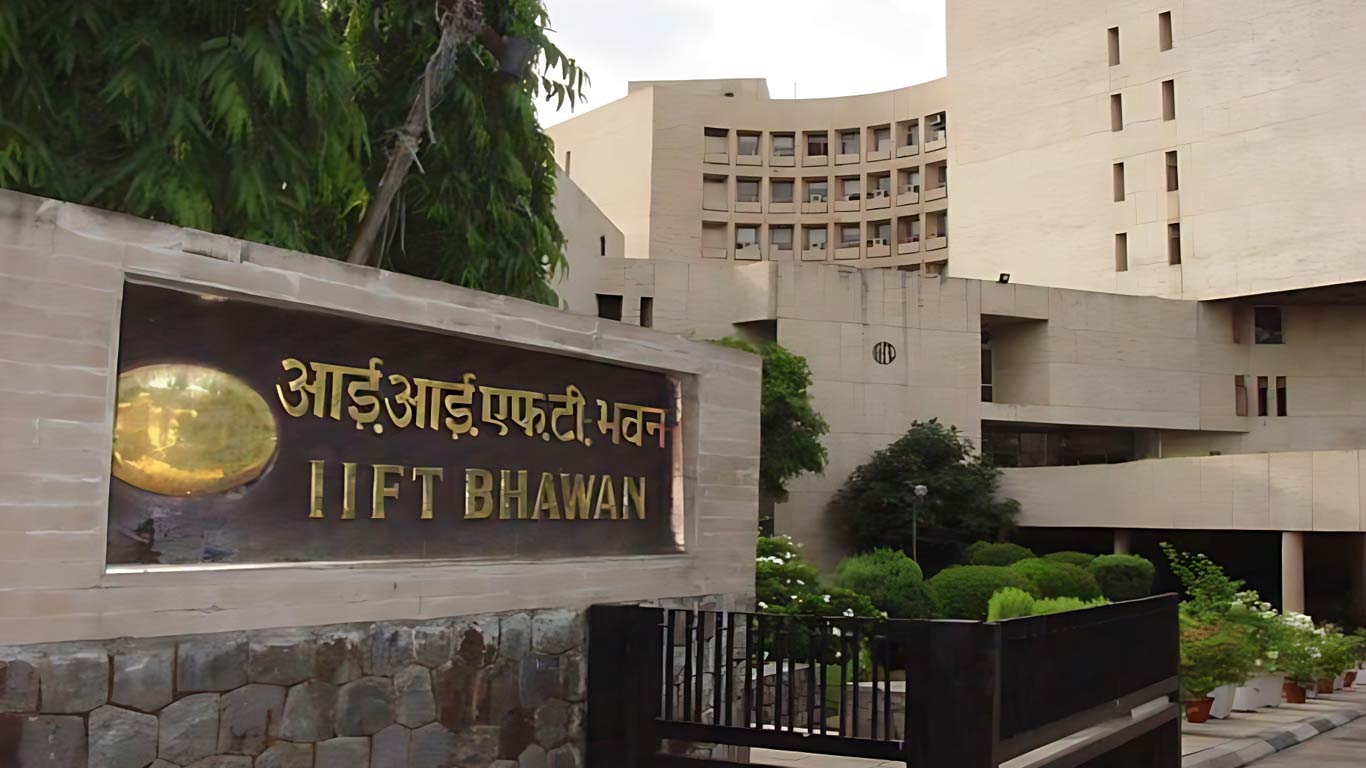
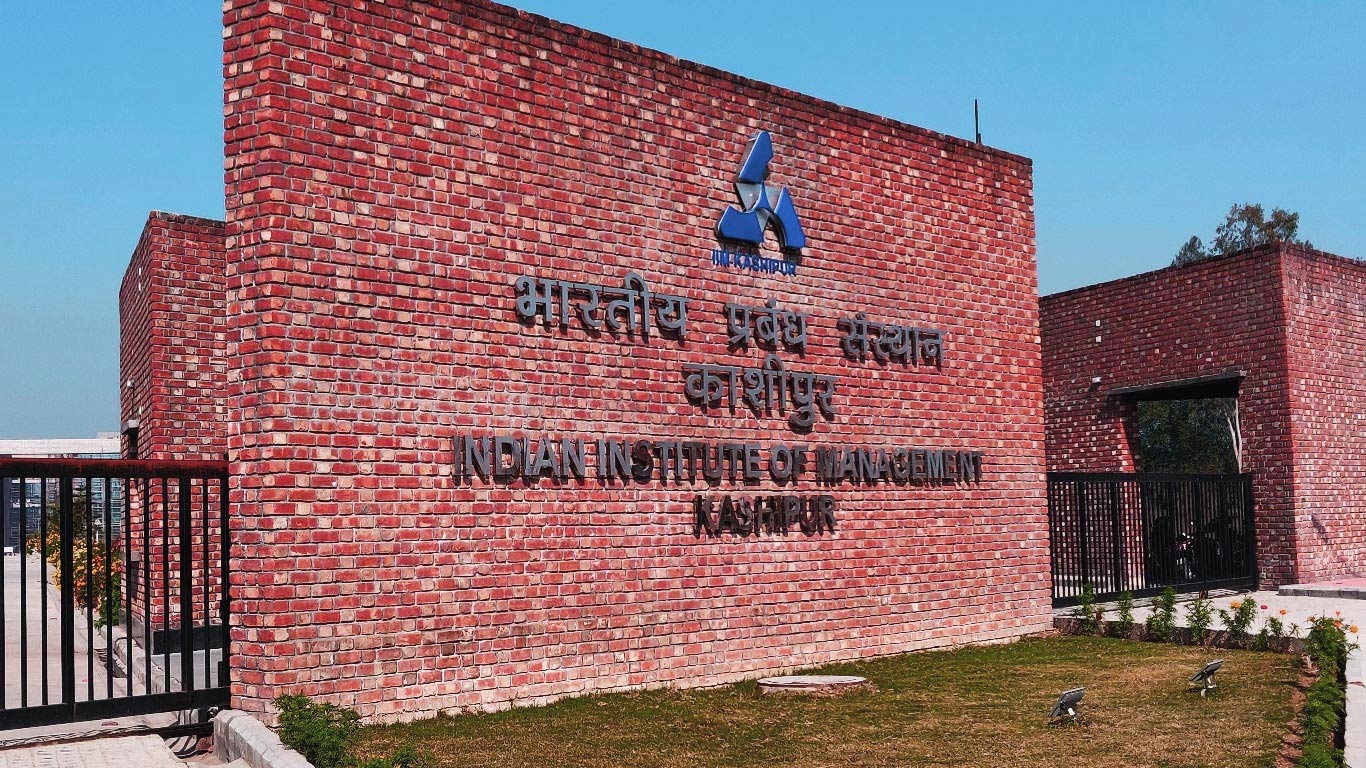





